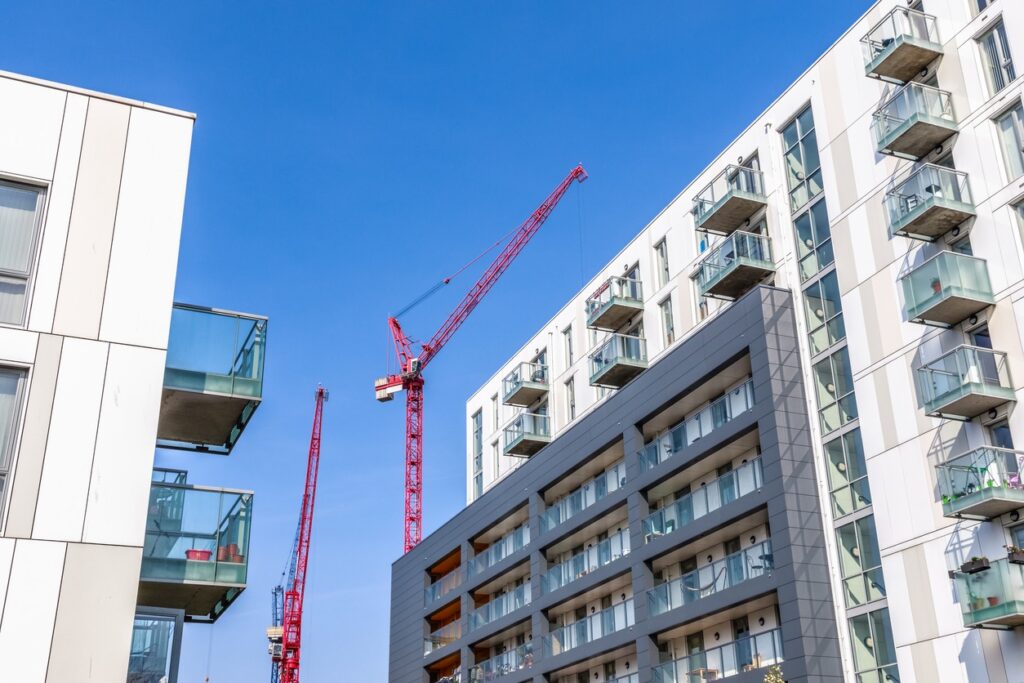
On 10 January 2022 the housing secretary, Michael Gove wrote to residential property developers and later made an announcement in the House of Commons, saying that he was giving them until March to commit to a new deal that:
- Provides for financial contributions to cover the cost to remediate unsafe cladding on buildings 11-18m tall, estimated at £4bn;
- Fund and undertake all necessary remediation of buildings over 11m; and
- Provide comprehensive information on all buildings over 11m constructed in the last 30 years that have historic fire safety defects (potentially hinting at a Government plan to further increase the proposal in the Building Safety Bill, currently in the Report Stage, to retrospectively change the limitation period for defective building claims from 6 years to 15 years, to 30 years).
All of this in addition to the new 4% property developer tax the Government recently introduced.
If a deal is not reached by March, then the Government has threatened to bring in new laws to penalise developers and force them to address these building safety issues. Despite the fact that other parts of the sector – notably building materials firms and cladding subcontractors – are arguably equally or even more culpable, the government has evidently decided to pin the blame and cost on housebuilders, at least in the first place.
This is largely a practical decision – the building industry is where the money is. The problem is that there is no way either the government or the industry will be able to devise a formula that distributes the bill equitably. Large public housebuilders are much easier to target than private or overseas companies.
Some of the larger developers were already funding remediation work prior to this announcement. Others will now realise that they have little option but to engage with Gove’s demand. The government has bowed to the public mood and decided that the cladding (and wider fire safety) scandal has dragged on for far too long, and that a resolution must be found one way or another.
The range of threats to developers if they do not play ball (and pay up) include restricting or removing access to public contracts and government funding (for example through the help-to-buy scheme), the (mis?) use of planning powers to hamper schemes, a targeted tax increase, Court proceedings, or maybe even new legislation to force the issue.
The problem for the industry is that it does not want to risk causing serious damage to its relationship with the government, and that it is generally recognised that something needs to be done. Whether or not this solution is proportionate and allocates blame to the right sector, the reality is that the large developers at least will almost certainly now get on board; any that do not risk being publically shamed, in addition to the practical measures that may follow.
The fact that the government has decided that developers are to carry the can in the first instance does not however mean that is the end of the story; there is nothing to stop developers defraying the costs they will now incur by bringing claims against culpable materials manufacturers, relevant subcontractors and so on.
Please contact Nick Cook, Michael Nee, Caroline Howard or Emma Wells for further information.
This article is for general purpose and guidance only and does not constitute legal advice. Specific legal advice should be taken before acting on any of the topics covered. No part of this article may be used, reproduced, stored or transmitted in any form, or by any means without the prior permission of Brecher LLP.




